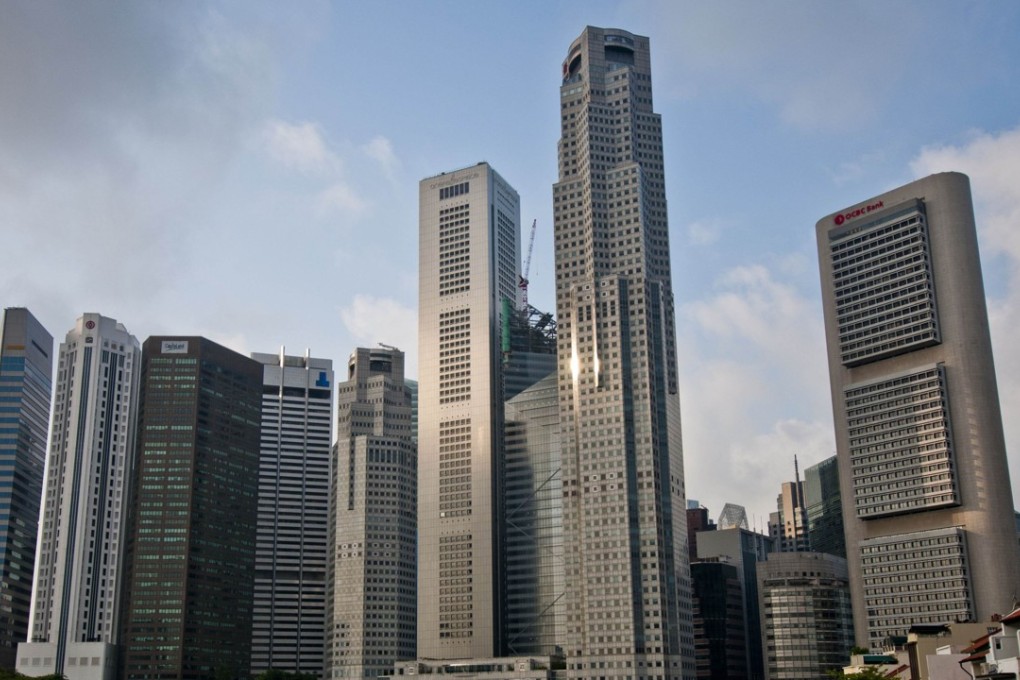How Asia’s new money is driving boom in ‘family offices’ in Hong Kong and Singapore, set up as one-stop shops for all wealth management needs
- The family office is a relatively new concept in Asia, with less than 500 such entities, compared to thousands in the West
- They offer a comprehensive solution to managing the wealth of the rich, including investments, charitable giving, taxation and wealth transfer

Rich Chinese and other Asians are increasingly seeking more control of their wealth, driving a rapid rise in the number of so-called family offices, or private investment vehicles, being set up in Hong Kong and Singapore.
As the wealthy target greater investment diversification and as business owners hand over the reins to successors, family offices are sprouting in the Asian financial hubs, taking advantage of incentives such as tax breaks and residency being offered.
The family office is a relatively new concept in Asia, with less than 500 such entities, compared to thousands in the West. There is no precise number available, given the private ownership structure and secrecy around these businesses.
They offer a one-stop solution to managing the wealth of the rich, including investments, charitable giving, taxation and wealth transfer. Staffed by bankers, fund managers, lawyers and tax practitioners, some even provide overseas private schooling and travel arrangements as add-on services. The rich are favouring family offices as they get personalised attention and are able to have a bigger say in their wealth management.
“This year the activity for setting up family offices is definitely more,” said Lee Wong, Swiss private bank Lombard Odier Asia’s head of family services. “The growth of family offices in Asia should continue on its current trajectory.”
Asia-Pacific had 814 billionaires at end-2017, accounting for 38 per cent of the global billionaire population, with China minting two new billionaires every week, a report by UBS and PwC said last month.
This year the activity for setting up family offices is definitely more. The growth of family offices in Asia should continue
That momentum was aided by the boom in Hong Kong for initial public offerings which saw a record US$27.7 billion raised in the first nine months of 2017 mostly by Chinese tech firms, turning many founders into millionaires and billionaires.